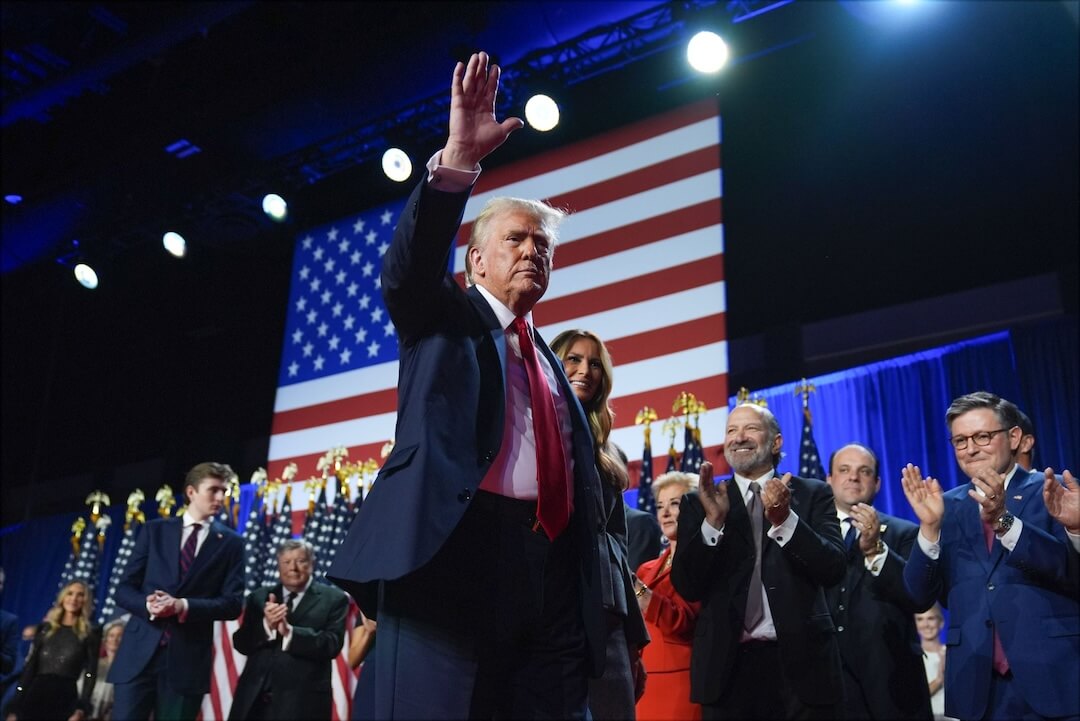Oregonian food critic Michael Russell’s face, or part of it, really, may be visible in a photo the newspaper published as part of an online slide show, Martin Cizmar writes, saying that the anonymity of Portland food critics “might finally be dying.”
Actually, every staff critic in Portland previously worked another beat, where they weren’t anonymous. Russell, for example, was famously characterized as “a cops reporter who had washed dishes in a restaurant kitchen” by former Seattle Weekly food critic Hanna Raskin. As the old guard moves along—or, like Karen Brooks, the dean of Portland food critics, gets an offer to judge on Top Chef and has a new book to promote—most people in the generation that replaces it will have been photographed daily from birth.
“We found the WWeek item to be of no journalistic value and, frankly, to be a failed attempt at making something out of nothing,” Oregonian Editor Peter Bhatia tells Poynter in an email. But Cizmar’s post resurfaces a perennial debate in food reporting: How important is it that critics remain anonymous?
Eater has worked tirelessly to destroy food-critic anonymity, from publishing a “field guide” about famous critics in 2010 to tagging subsequent posts “To Catch a Critic.”
The Association of Food Journalists revised its guidelines about anonymity earlier this year, saying that while “true anonymity is often no longer possible,” critics should “engage in the practice of anonymity” and try to keep photos of themselves offline.
Former Washington City Paper food critic Tim Carman, whose work I used to edit, wrote in 2010 that Eater’s unmasking of several food critics would let restaurateurs “game the system and ensure that customers continue to pay hundreds of dollars for meals and service that only Sam Sifton and Jonathan Gold can receive.”
Reached by phone, Carman — who’s no longer anonymous — said anonymity for food critics is “virtually impossible short of getting someone in the CIA to give you undercover status every time you eat.” That doesn’t mean critics shouldn’t at least try to stay low-key, he said, adding that there’s a “big debate on the role of the food critic in the sort of Yelp world…the public has many sources of information to try to find who is the best source and who’s the most trustworthy.”
It might be too late for restaurateurs to pull out all the stops if a food critic walks in unannounced, Carman said, but if a food critic had to make reservations under her own name in advance at a hot new joint, “this restaurant has a two weeks’ heads up,” he said. “That’s a real competitive advantage right there.”






Comments